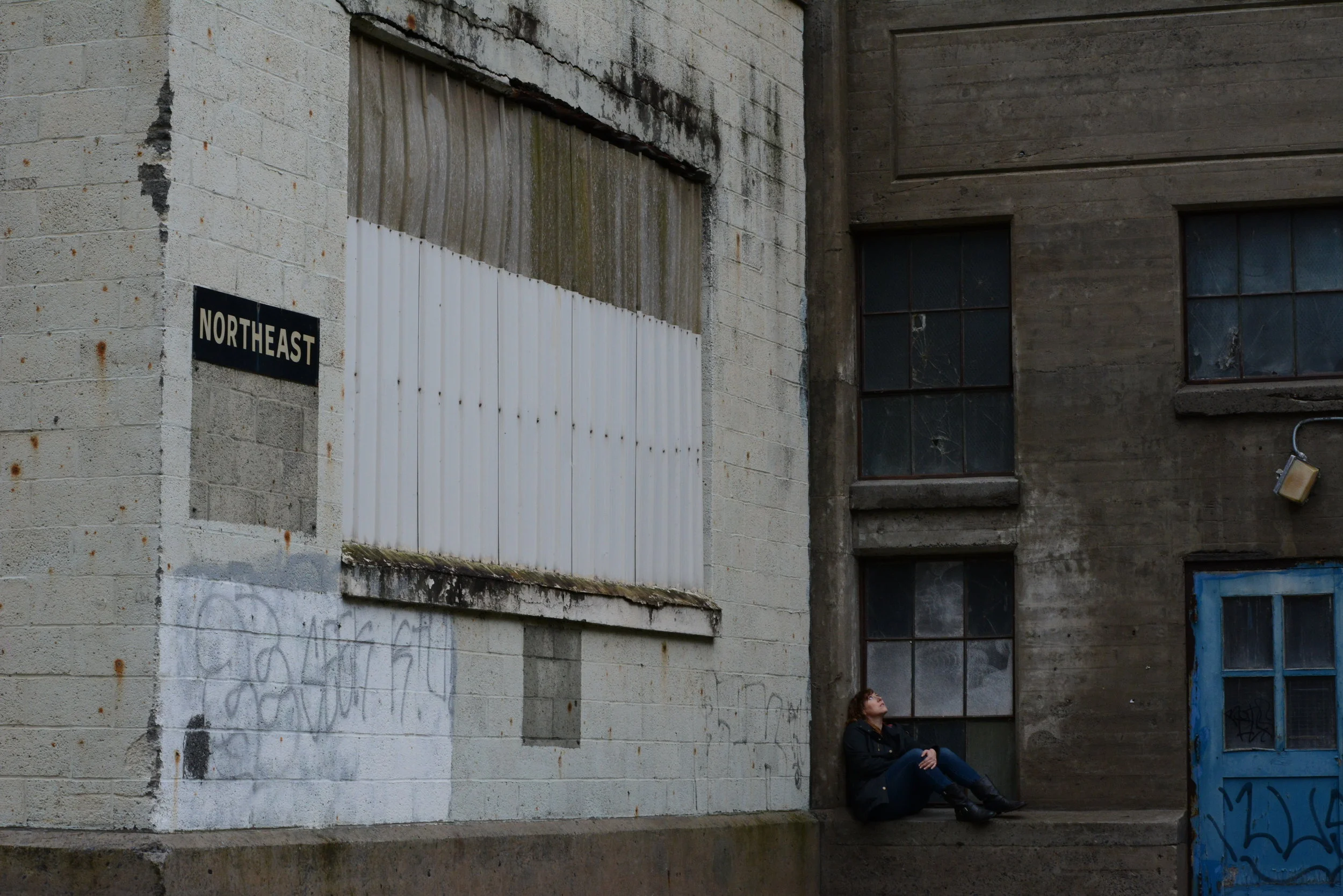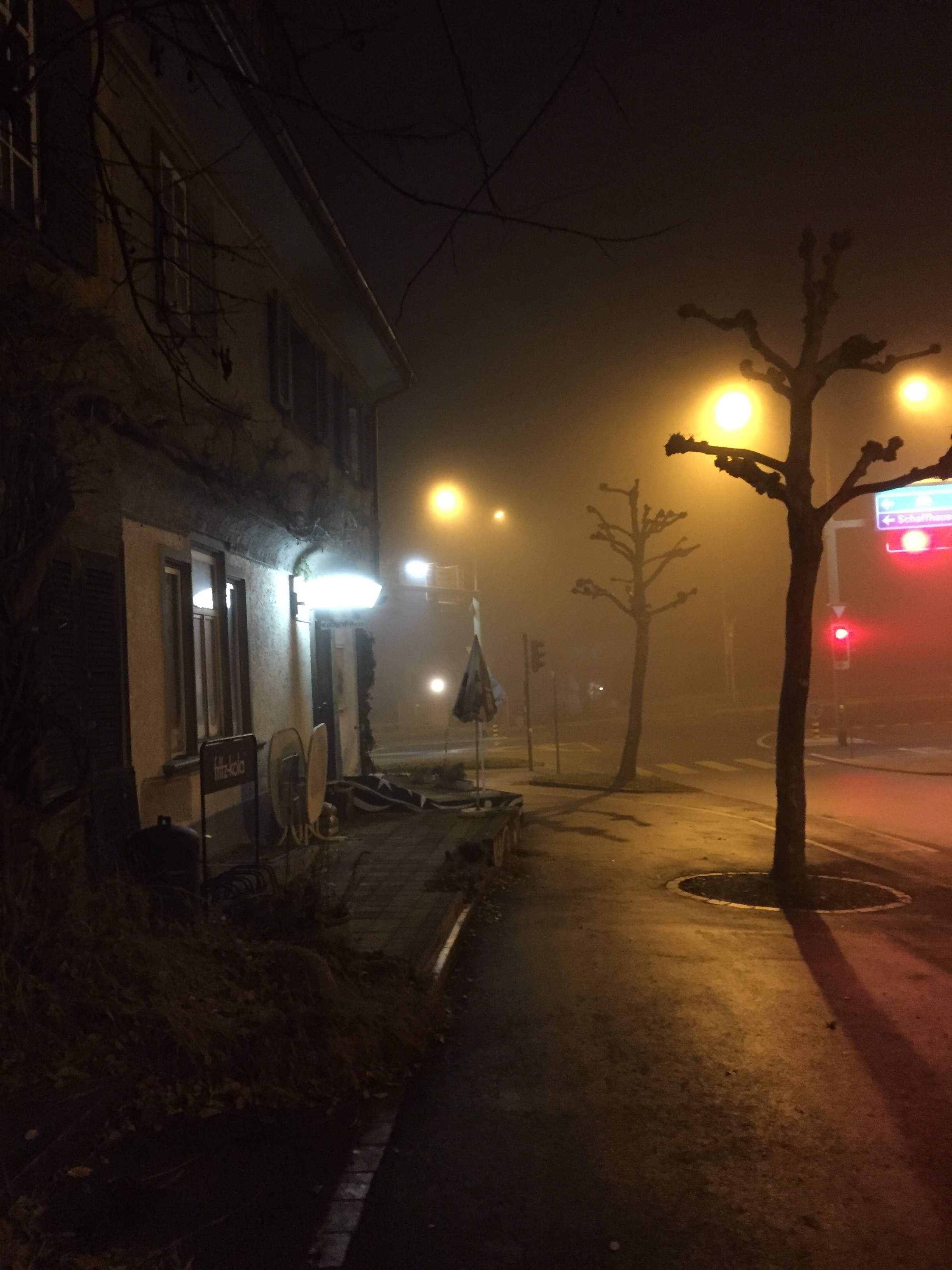It’s Summer and that means Festival Season! Perhaps the most fun season of them all (sorry, snow-lovers. I’m still not talking to you.) and one I look forward to all year. Since festivals are basically giant outdoor parties, they come with a few more challenges than the average indoors gig (this is true for both artists and audience), so I’ve dedicated this blog to some festival survival tips I’ve refined over the last 20+ years of outdoor performances. This post was originally written in 2019, freshly home (and showered) after a weekend in Westcliffe, CO (7800’ in elevation and dry as a bone) followed by a HOT Grey Fox Bluegrass Festival in upstate NY (97˚ F and 1000% humidity for three days in a row). Here’s the 2025 update as we start this year’s official Festival Season! As I’m writing this I’m realizing a lot of these tips are ones I learned backpacking and camping, now tweaked for a performance setting. Much of this is Common Sense of the “Well Duh” variety, but it’s incredible how often people pack their tent and cooler and forget their common sense. Hope you enjoy!
(As an aside: I LOVE camping. I LOVE festivals. I do NOT love camping at festivals where I have to perform. I will happily backpack 130+ miles through the ADKs, and my car camping dinner menus (and wine pairings) are pretty epic. But getting up on stage after that kind of activity with hair that resembles roadkill and enough bug bites to make me look like a plague victim is not the performance look I’m going for. So I generally do not camp at festivals where I’m performing.) Without further ado…
SARA’S FESTIVAL SURVIVAL HACKS:
HYDRATE. This is obvious. This is obvious and in the #1 slot for a reason. DO IT. With WATER. Gatorade is also a good option, or those fancy electrolyte powders that go into regular water, especially if you’re sweating a lot, which you’re probably going to be. Eat some salty things, and maybe a banana as well. Just don’t leave the banana at the bottom of your pack or bag. Think like an athlete (which musicians basically are, since we rely on fast muscle response to play and sing.) You’re not going to perform well if you’re dehydrated. I carry a reusable water bottle (24 oz Hydroflask) - for hot locations, I like something that will keep my drink cool, as it makes me more likely to actually drink it. I refilled it A TON this past weekend and actually surprised myself at how much water I drank without having to think about it. Hydroflask and Yeti both make some good insulated bottles of all colors and sizes that work unbelievably well. I love my Nalgene bottles for hiking under tree cover, but the lack of insulation means you just end up with hot water at a festival, which is pretty unappetizing.
Speaking of liquids…if you choose to indulge, BE CAREFUL WITH ALCOHOL. Day drinking can be part of the fun at festivals! I love a beer in between sets, and there’s some pretty great wine in cans nowadays (really!) I also have a killer recipe for cold brew coffee spiked with vanilla, brown sugar, and bourbon. I bring all of these things to festivals, and they’re big hits (just ask my band mates!) But if you’re sweating a lot, you don’t want to hydrate with alcohol, since it will actually dehydrate you, and that can lead to heat exhaustion or worse. And if you’re playing at a higher altitude than you’re used to, you’ll get tipsy a bit quicker as well. So rock that day drinking responsibly!
DON’T FORGET TO EAT. It’s hot, you’re busy, you’re distracted, you’re not all that hungry. You still need the energy, so don’t forget to eat something, even if it’s just snacking throughout the day. I’m a big fan of protein or granola bars for portable energy. My new favorite protein bars are the One Bar “S’more” or “Maple Donut” flavors, but granola and nut bars - or just plain trail mix for that matter - are well deserved classics. Just remember what sun and heat do to chocolate covered things. I love crunchy, salty things of the chip-category as well, particularly when singing. Kettle chips are weirdly awesome for soothing tired throats and vocal chords.
SUNSCREEN. Another one for the Well Duh category, but there it is.*
BUG SPRAY. Ditto.*
*A caveat with both sunscreen and bug spray: be careful to keep these away from the finish of your instrument. Some of them can be damaging to varnish, especially DEET! DEET literally melts plastic. It says so on the label, and I have a pair of rubber rain boots that came in contact with DEET that prove the point.
For super buggy areas, I sometimes pretreat clothing I know I’ll be wearing a lot with permethrin. This also has the bonus of keeping ticks away, an important consideration in those areas prone to tick-borne illnesses like Lyme Disease here in the east. Picaridin also makes a good alternative to DEET, there are herbal remedies galore, and even Avon’s iconic Skin-So-Soft is still making the rounds. Just keep all that stuff away from your eyes and your instruments.
HAT. A broad-brimmed hat is great for keeping the sun off your head, off your neck, out of your eyes, and a lot of other places you don’t want it. Some folks prefer trucker hats/ball caps. Whatever works for you. Hats are cool. (Note to my fellow long haired travelers: if you clip your hair up a bit, and brush your bangs back, you can at least partially avoid the dreaded “hat head”. Plus it’s much more comfortable having long hair up off the back of your neck.)
LAYERS. Westcliffe, CO was in the 80s during the day, and 50˚F at night. I packed jeans, shorts, a tank top, a long sleeved merino wool shirt, a flannel shirt, a microfleece, and a goose down jacket. I wore ALL of them. Grey Fox was in the HIGH 90s and HUMID all weekend. Didn’t really need that flannel shirt (although it’s good to have most years when the sun goes down and the dampness kicks in.) Lots of lightweight, breathable, loose clothing was the order of the day. Anything clingy would’ve just felt like a warm, soggy, second skin. Another consideration: how does sweat appear on the garment? White shorts and tops are cool, but too much sweat and they tend to become… see through. I like prints that hide sweat and dirt stains. Stuff that’s easy to wash is also a good idea, since you’ll definitely be needing to do laundry once you get home. In addition, don’t forget to consider what sort of tan lines you may or may not want!
Finally, if you’re in a place where it rains, bring RAIN GEAR. The only time you’ll regret it is the time you don’t have it. That includes a jacket or poncho, whatever keeps your feet dry and your good shoes from getting ruined, and a couple of garbage bags to cover your instrument case or electronic gear, if need be. If your cellphone case isn’t a waterproof one, a Ziploc freezer bag will do the trick.
BANDANA. Instrumentalists: a bandana is your friend. Guitarists put it between their strumming arm and the body of the guitar to keep sweat off the instrument. Fiddlers (ahem) stick it on their chin and shoulder rest to keep the fiddle from literally sliding off your body. Mop the sweat from your brow, wipe the sweat off your fingerboard, soak it in ice water and drape it over the back of your neck… a bandana is your hot weather friend.
FOOTWEAR. This of course depends on your band’s dress code, if there is one, onstage. Some prefer boots (I’m a boot lover, myself!), some can do a dressier sneaker for more breathability, sometimes sandals are great. I’m personally not a fan of going barefoot onstage, mainly because of so much electricity snaking around the place, not to mention splinters, broken strings, mud, and other debris. Offstage, go for comfort. You’ll be walking and standing a lot. Apart from my stage boots, I also wore sandals with arch support, and my Bean Boots (it rains a lot at festivals, especially on the East Coast. Rain = mud. Mud = shoe killer.) Do not bring shoes that are delicate, can’t be washed, or that might be ruined by dirt and water.
HAIR AND MAKEUP. Whatever your hair does naturally, Mother Nature is going to crank up to 11 at a festival, particularly if there’s humidity involved. Humidity is the Grim Reaper of Good Hair Days. If you have curly hair, forget the straightener. If you have straight hair, that curling iron is probably a waste of time. This is likely not the most rewarding time to be trying out any fancy updos. Think natural texture, layers, and a little bit rock n’ roll. For makeup, I’ve found that the more you put on, the more will melt off your face by the end of the day. My own field-tested routine is something like this: tinted moisturizer (these usually also contain sunscreen, an added bonus), eyelid primer, water-resistant concealer, a dusting of matte powder on the T-zone, some neutral, shimmery eyeshadow, and waterproof mascara. Setting spray can help things stay put a little better too. Oil-blotting papers are a handy thing to keep in the gig bag for getting rid of shine on your nose. Steer away from dark eyeshadow- it’s really noticeable when it starts to crease and run, whereas a lighter shade with some shimmer tends look better longer. I’m a fan of waterproof mascara, not only for staying put throughout my own sweaty sets, but for also hanging in there when I’m watching other artists perform, and things get a bit emotional. (There are some sad songs out there, y’all!)
DO NOT LEAVE YOUR CELLPHONE IN YOUR BACK POCKET WHEN USING A PORTO-JOHN. This one pretty much speaks for itself. I have been lucky in this regard, but I know many who have not. Just put your phone in a front pocket, a zippered pocket, your bag, a purse, down your bra*, whatever keeps it away from danger, until you’re done. Then carry on as usual. (*Don’t keep your phone in your bra all the time- it’s gross and potentially hazardous. Just the few minutes you need to keep your phone away from the Porto-John Danger Zone.)
That’s all the tips I can think of for now- in the meantime, there’s a big pile of laundry waiting for me in the hallway! Hope you enjoy the rest of Festival Season in safety and style, and feel free to add your own tips and tricks in the comments!




